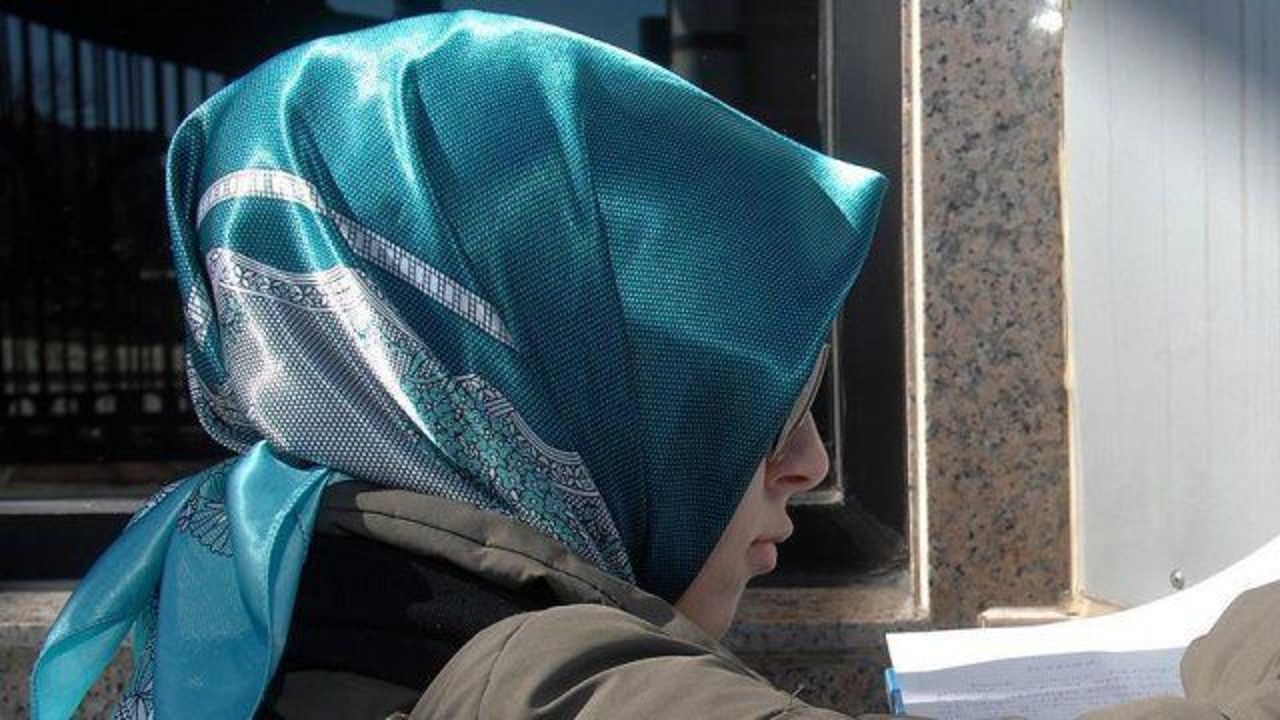Study reveals job bias against Muslim women in Germany
A Muslim migrant woman in Germany who wears a headscarf has to send almost five times as many job applications as a native German candidate with same qualifications to get an interview, research released Tuesday claimed.

Independent research institute IZA published preliminary results of a study into the employment chances of female migrants in Germany, revealing a significant bias against migrants and women with headscarves.
Experts prepared fake resumes and sent them out to nearly 1,500 companies across Germany seeking office personnel.
The resumes were based on three different profiles, but with almost the same qualifications. The experts also attached photos to the resumes – a common practice in Germany.
The first profile had a typical German name, Sandra Bauer. The second profile was a Turkish name -- Meryem Ozturk -- with a bare-headed photo. The third profile had the same Turkish name, but included the photo of the same woman wearing a headscarf.
Callback rates to the applications revealed a high level of discrimination against female migrants wearing headscarves.
The applicant with the German name received positive replies from 18.8 percent of the companies she contacted.
Despite having almost the same qualifications, the applicant with a Turkish name received positive feedback from just 13.5 percent of the companies.
The Turkish woman who wore a headscarf was contacted by only 4.2 percent of the companies she had applied to.
“The results show that Turkish migrants (signaled by a Turkish name) are discriminated against at a significant level, in particular when their photograph shows them wearing a Muslim headscarf,” IZA research fellow Prof. Doris Weichselbaumer wrote in the 27-page preliminary summary of the research paper.
“Everything else [being] equal, a female with a Turkish name who wears a headscarf has to send 4.5 times as many applications as an applicant with a German name and no headscarf to receive the same number of callbacks for interview,” she concluded.
-Turkish minority-
Germany has a total population of 81.1 million; around five percent are Muslims. Among the approximately four million Muslim residents in the country, three million are of Turkish origin. Many of these people migrated to Germany in the 1960s and a large number of second- or third-generation Turks retain Turkish citizenship.
The country has witnessed growing anti-refugee and anti-Muslim sentiment in recent years, triggered by propaganda from far-right and populist parties which have exploited the refugee crisis and fears of religious extremism and terrorist groups.
The number of Germans with negative attitudes towards Muslims hit its highest mark this year.
A study by Leipzig University in June revealed that some 50 percent of the German respondents thought they “sometimes feel like a foreigner in their own country due to so many Muslims living here”.
Nearly 41 percent of respondents advocated a ban on Muslim migration into Germany, according to the study.
Europe's largest economy accepted more than one million refugees last year; most of these were Syrians, Iraqis and Afghans.
Anadolu Agency







